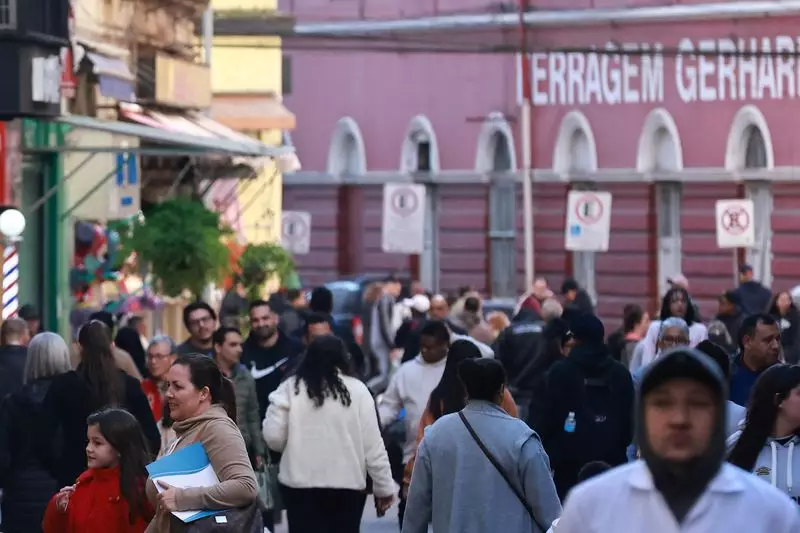In a recent shift in fiscal policy, the Brazilian government has revised its primary deficit expectations for the 2024 fiscal year, now estimating a shortfall of 28.3 billion reais (approximately $5.13 billion). This adjustment comes as a result of unexpectedly strong revenue growth that appears to somewhat cushion the blow of required expenditure freezes dictated by the country’s fiscal regulations. Notably, this updated projection still aligns closely with Brazil’s broader fiscal target of maintaining a zero deficit, allowing for a margin of 0.25% of GDP, equating to a permissible deficit ceiling of 28.8 billion reais.
The Planning and Finance ministries had previously pegged the 2024 deficit at 28.8 billion reais, forecasting robust measures would need to be adopted, including an expenditure freeze of 15 billion reais to adhere to fiscal constraints. However, recent developments have reduced the required freeze to 13.3 billion reais. A key factor in this reduction is attributed to the reinstatement of 3.8 billion reais that had been temporarily blocked due to subdued revenue forecasts just weeks earlier.
The uptick in Brazil’s revenue estimates has primarily been influenced by the implementation of legislative measures aimed at compensating for the financial implications of an expansive payroll tax exemption. Alongside these reforms, the government also anticipates an increase in dividend receipts, which are notable contributors to public finances. Such revenue enhancements are vital for the sustainability of Brazil’s fiscal framework, especially in light of the heightened expenditures linked to social security projections that have surpassed previous government estimates.
Despite this positive momentum, the government revealed that it must still impose an additional spending freeze of 2.1 billion reais to comply with the existing budgetary constraints that limit expenditure growth. Under the new fiscal framework, which was ratified by President Luiz Inácio Lula da Silva, any increases in mandatory expenditures necessitate corresponding cuts in other budget areas to abide by the 2.5% cap above the inflation rate established for 2024.
While these adaptations might suggest a stabilization in Brazil’s fiscal dynamics, the government faces considerable challenges in maintaining this momentum. Economists have pointed out that the government’s earlier underestimations of social security expenses could result in further fiscal pressures as obligations continue to rise. The enhanced revenue projections rely heavily on the sustainment of economic growth, and any downturn could easily destabilize this balance.
Additionally, the government’s capacity to manage expenditures without compromising essential public services highlights the delicate mix that must be maintained to ensure future economic stability. The road ahead for Brazil’s economic trajectory will require astute fiscal management, as policymakers navigate between fostering growth, providing essential services, and adhering to budgetary constraints.
Brazil’s revised fiscal outlook underscores a cautious optimism around revenue growth while signaling the intricate balancing act that lies ahead in maintaining fiscal discipline in the face of rising social expenditures.

